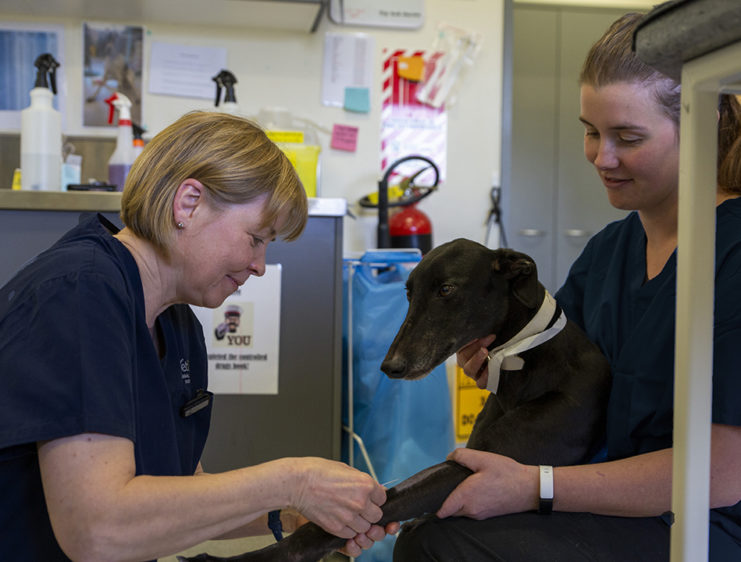
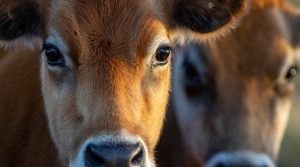 Explore the latest news, insights, and seasonal advice designed to keep your pets and livestock healthy and thriving.
Explore the latest news, insights, and seasonal advice designed to keep your pets and livestock healthy and thriving.Protect Your Pet from the Summer Heat
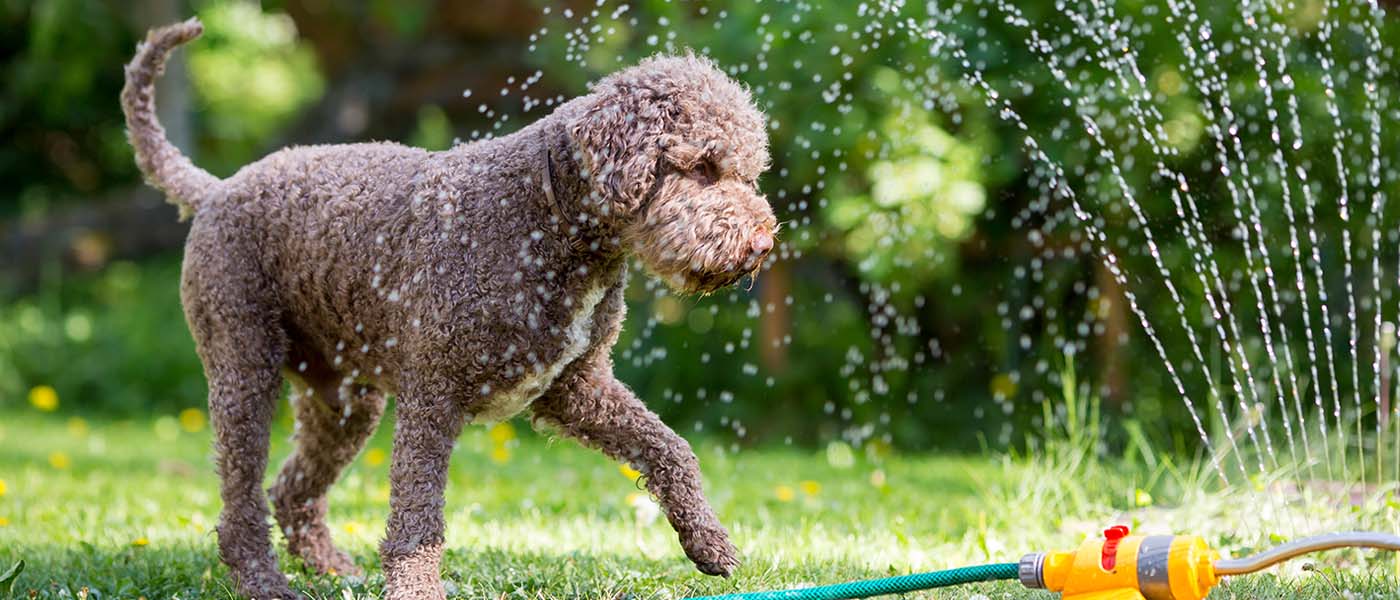
As summer approaches, many of us are making plans to enjoy the warmer weather but rising temperatures can pose serious risks to our pets. Unlike humans, pets – especially dogs and cats – struggle to regulate their body temperature. They cool down primarily through panting and minimal sweating via their paw pads, making them vulnerable […]
READ MORE

Guide to Travelling with Pets

Travelling with pets can be a rewarding experience with a little preparation. Whether it’s a day trip to the beach with your pets or a holiday away, here are a few tips to help your travel plans go smoothly so you can enjoy time away with your pets. Preparing for your pet-friendly adventure Before setting […]
READ MORE

5 Tips for Taking Your Dog on Holiday

Taking your dog on holiday can be fun for everyone – after all, things just aren’t the same without the whole family there! The key to a successful trip with your pooch is preparation. So, with that in mind, here are some tips to ensure your pets remain happy and stress-free throughout the holiday […]
READ MORE

Proactive Veterinarians VS Antibiotic Resistance
Antibiotics are medicines for treating bacterial infections in humans and animals alike. Antibiotics are designed to interfere with specific biological processes that are essential for bacterial life. However, it is possible for bacteria to evolve and develop resistance to antibiotics. This can happen through random, natural mutations that give the bacteria a survival advantage, letting […]
READ MORE

Preparing Your Pet for Boarding
It’s coming close to that time of year where many families pack their bags and travel around Aotearoa for the holiday season. For some of our furry friends, that means they’ll be staying at a pet boarding facility, such as a cattery or kennels. This can be a very stressful experience for some animals, especially […]
READ MORE

Yersinia
Every year the word “yersinia” gets thrown around when growing youngstock, but do you know what it is? The effects? How to treat it? Yersinia is a gram-negative bacterium, with several different strains affecting cattle, sheep, and deer. While it is a common organism that lives in a normal intestinal tract, given the right […]
READ MORE

Putting them back together – fractures and other injuries in working dogs
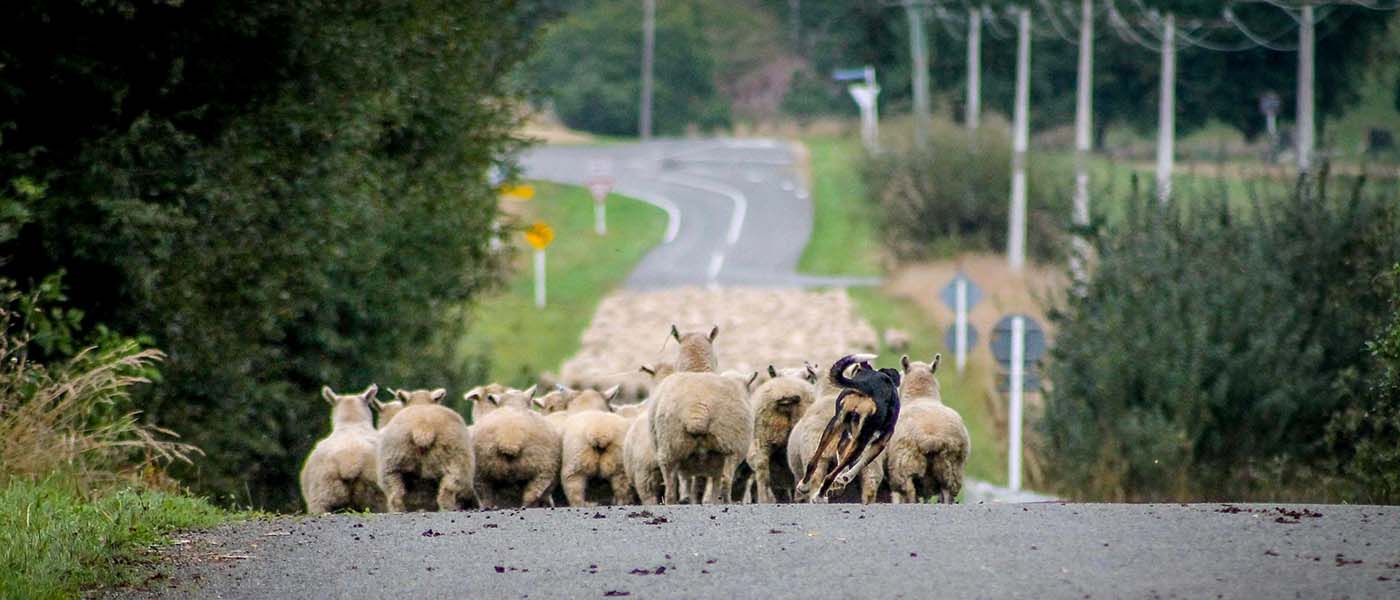
Working dogs are rather unique in the type of injuries they sustain, but, for the Vetlife vets who enjoy orthopaedics, they provide wonderful and rewarding challenges. Most injuries are the results of: Falls off cliffs, motorbikes, utes High-impact injuries, eg kicks, crush injuries and vehicle accidents Hanging in gates or cattle stops – most commonly […]
READ MORE

Velvet removal in deer – losses may occur

The removal of velvet antler from farmed stags is justifiable for both human and animal safety as well as for economic reasons, but it must be performed with all due regard for animal welfare. If a working crush is not available, then this often requires the stags to be given a chemical restraint (sedative) by […]
READ MORE

Trace Elements
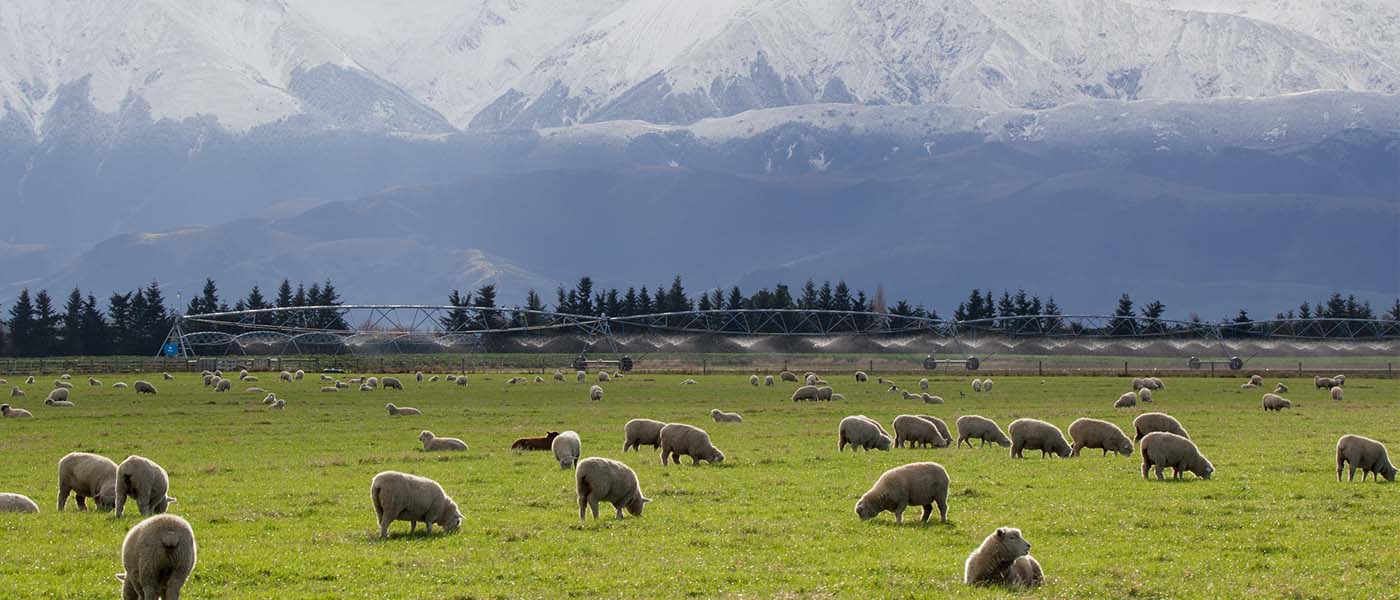
For as long as ruminants have been farmed in New Zealand, trace mineral deficiencies have had an impact on the ability of stock to perform at expectation. It is generally considered that there are five different trace elements which are most likely to cause deficiencies in the New Zealand setting – cobalt (B12), selenium, copper, […]
READ MORE

Mastitis shed investigations – what is the point?
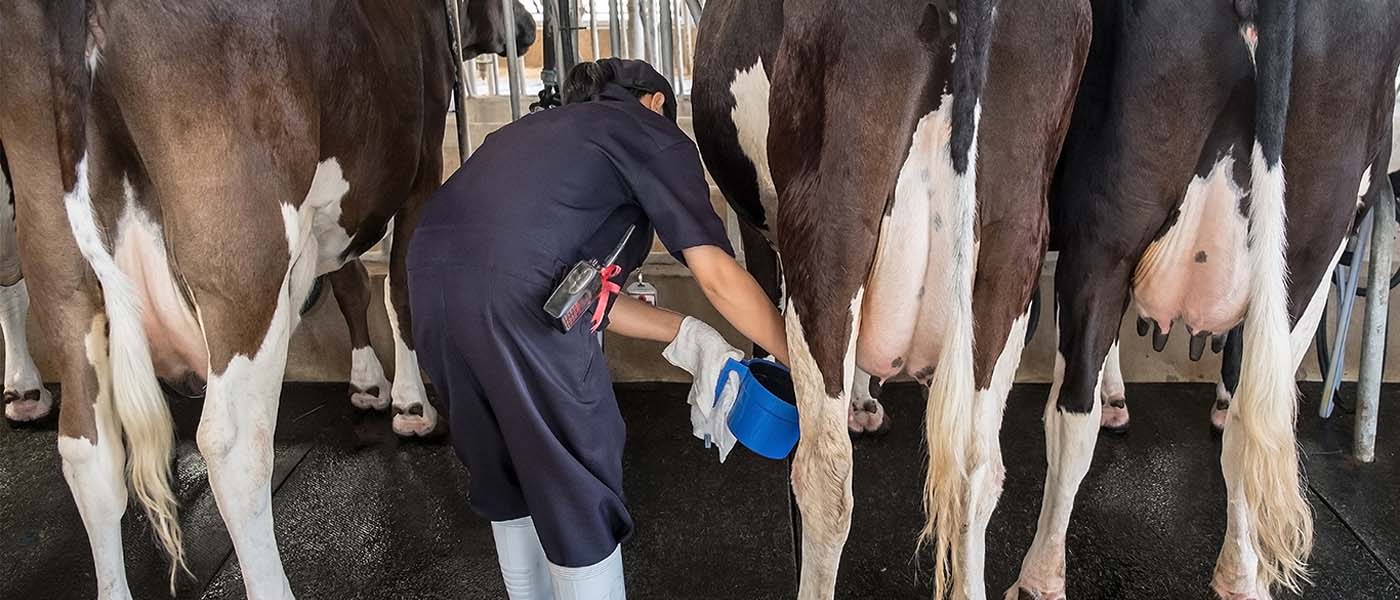
All too often I find myself having conversations on the phone with farmers regarding mastitis issues… and all too often I find myself trying to diagnose and treat the problem over the phone as well. This is not easy or a sensible way to go – mastitis, whether that be an increase in clinical cases […]
READ MORE

Tooth Root Abscesses in Working Dogs and the Importance of Dental X-rays
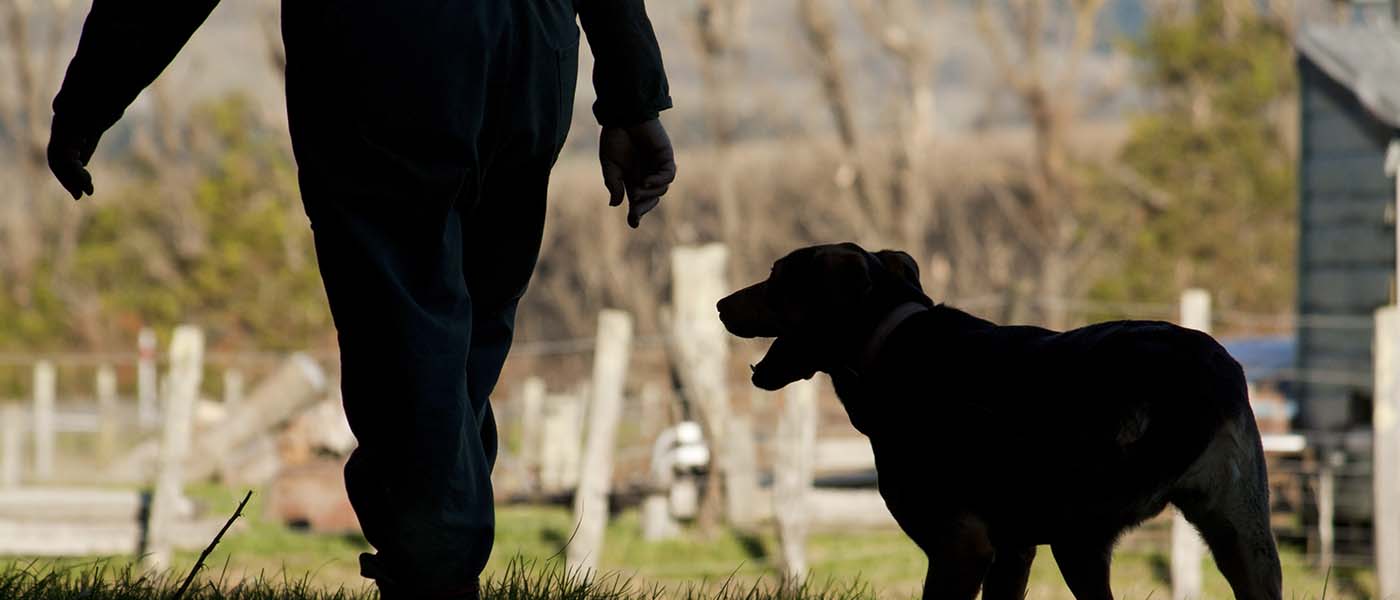
Tooth root abscesses are a relatively common occurrence in all dogs, and working dogs are no exception. Abscesses develop when a tooth or the tissues around a tooth become infected. Diseased teeth causing the abscess are usually fractured, but can also have wear, discolouration, severe periodontal disease (heavy tartar, gum recession, etc), or appear normal.The […]
READ MORE

New deer drench: Cervidae Oral
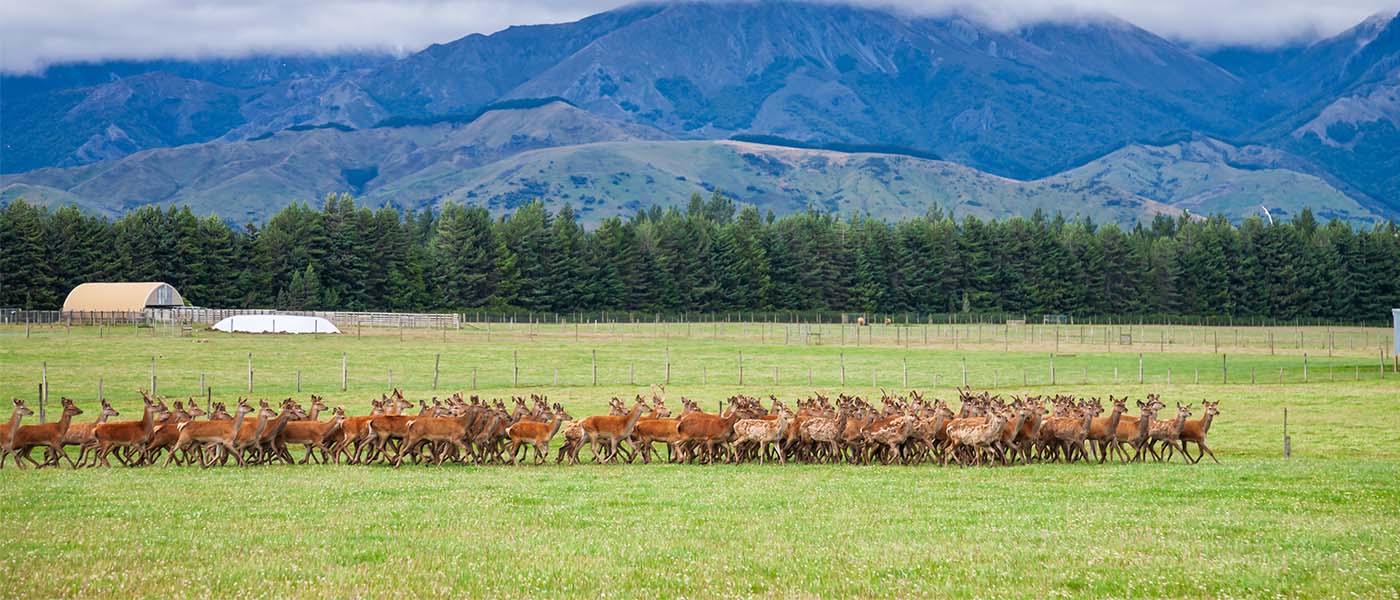
Cervidae Oral, the long-awaited triple drench for deer, has arrived. Cervidae Oral is a triple combination drench containing: Moxidectin (a member of the macrocyclic lactone (ML) drench family), Oxfendazole (a member of the benzimidazole (white) drench family), and Levamisole. Because of the unique way deer process or metabolise actives in drench, Cervidae Oral has been […]
READ MORE

Get in touch with your local Vetlife Clinic today to discuss your animal’s health concerns.
With vet clinics across the South Island, we look forward to welcoming you into one of our Vetlife clinics.
FIND A CLINIC